Book 1670 Part 2 Paradigms Lost secret codes ......
translated by Herb Zinser
Visit the Very Large Array
Welcome!
The Very Large Array Radio Telescope facility is a two-hour drive from
Albuquerque (Alphabets + data record buffer queue of errors
within the all data record queue),
50 miles west of Socorro, New Mexico.
The Visitor Center features an award-winning documentary narrated by Jodie Foster, plus exhibits describing radio astronomy and the VLA telescope. A self-guided walking tour features large, informative signs and takes you to the base of one of the giant dish antennas. A gift shop offers VLA souvenirs and educational materials.
a message that would change the course of Earth's history forever. That is the premise of Carl Sagan's novel ...
neuro-transmitter secret broadcast about
Kashmir
Kashmir
Kash mir
Kash mirror
Kashmir (IPA: [kaʃmiːr]) is the northernmost geographical region
of the south central ASIA region of levels of existence
Indian su --> surface geography / earth farm land soil
continent.
Indian su --> sub-soil levels of atomic clay and atomic rock continent.
Indian su --> sub /underground layers of existence
and geological math calculus ..... continent.
India --> inner earth diameter ...
Database subcontinent .
Until the mid-19th century, the term "Kashmir" denoted only the Kashmir Valley between the Great Himalayas and the Pir Panjal Range. Today, the term encompasses a larger area that includes the Indian-administered territories of Jammu and Kashmir and Ladakh, the Pakistani-administered territories of Azad Kashmir and Gilgit-Baltistan, and the Chinese-administered territories of Aksai Chin and the Trans-Karakoram Tract.[1][2][3]
In 1820 the Sikh Empire, under Ranjit Singh, annexed Kashmir.[4] In 1846, after the Sikh defeat in the First Anglo-Sikh War, and upon the purchase of the region from the British under the Treaty of Amritsar, the Raja of Jammu, Gulab Singh, became the new ruler of Kashmir. The rule of his descendants, under the paramountcy (or tutelage[5][6]) of the British Crown, lasted until the Partition of India in 1947, when the former princely state of the British Indian Empire became a disputed territory, now administered by three countries: India, Pakistan, and China.[1][7][8][2]
Gauge theory
Gauge theory
Gauge theory
In physics, a gauge theory is a type of field theory in which the Lagrangian (and hence the dynamics of the system itself) does not change (is invariant) under local transformations according to certain smooth families of operations (Lie groups).
The term gauge refers to any specific mathematical formalism to regulate redundant degrees of freedom in the Lagrangian of a physical system. The transformations between possible gauges, called gauge transformations, form a Lie group—referred to as the symmetry group or the gauge group of the theory. Associated with any Lie group is the Lie algebra of group generators. For each group generator there necessarily arises a corresponding field (usually a vector field) called the gauge field. Gauge fields are included in the Lagrangian to ensure its invariance under the local group transformations (called gauge invariance). When such a theory is quantized, the quanta of the gauge fields are called gauge bosons. If the symmetry group is non-commutative, then the gauge theory is referred to as non-abelian gauge theory, the usual example being the Yang–Mills theory.
Many powerful theories in physics are described by Lagrangians that are invariant under some symmetry transformation groups. When they are invariant under a transformation identically performed at every point in the spacetime in which the physical processes occur, they are said to have a global symmetry. Local symmetry, the cornerstone of gauge theories, is a stronger constraint. In fact, a global symmetry is just a local symmetry whose group's parameters are fixed in spacetime (the same way a constant value can be understood as a function of a certain parameter, the output of which is always the same).
 |

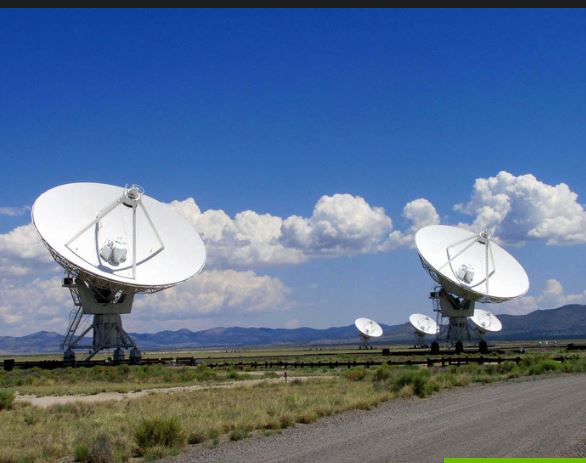




















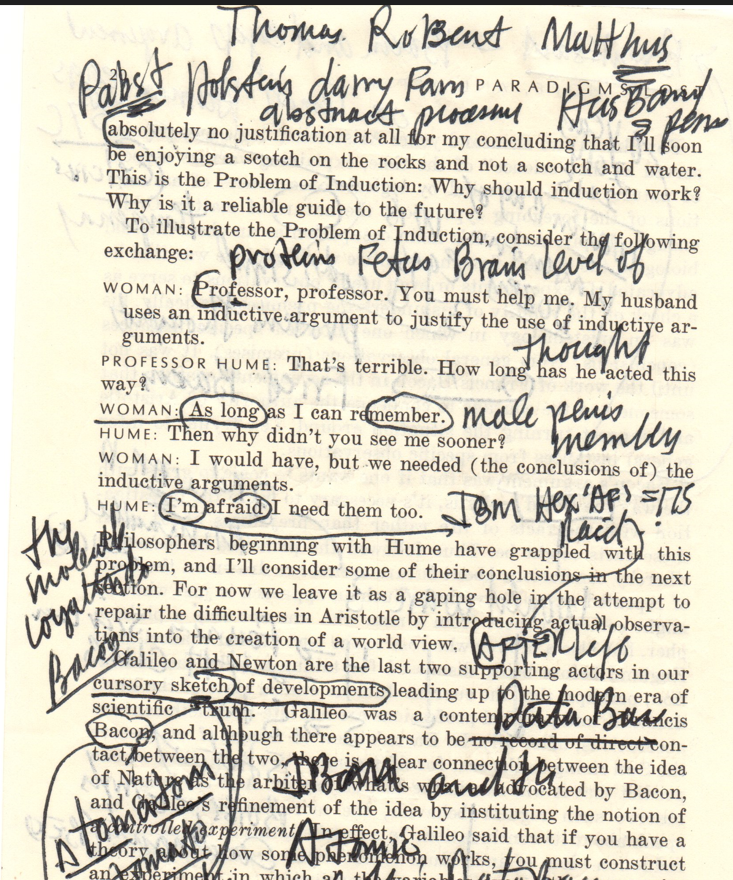

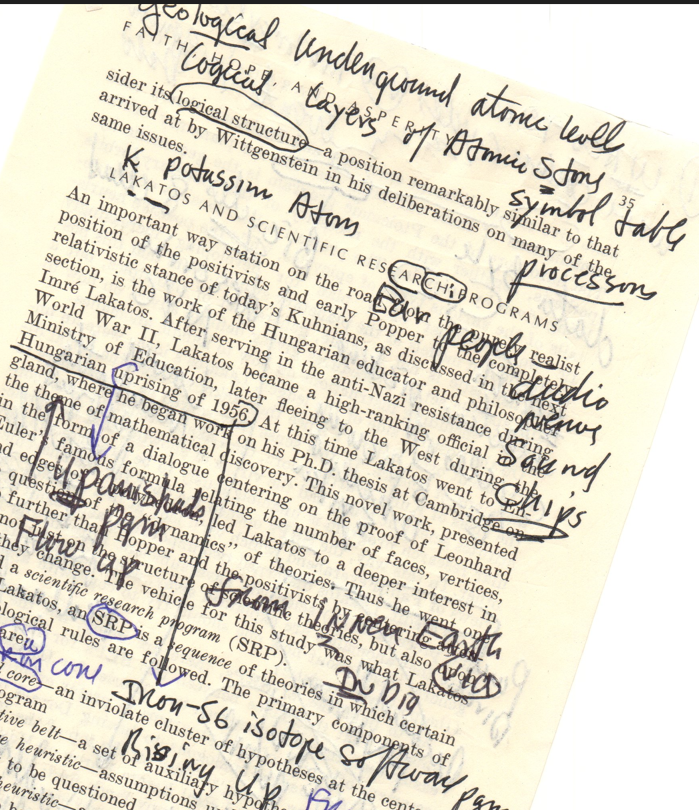



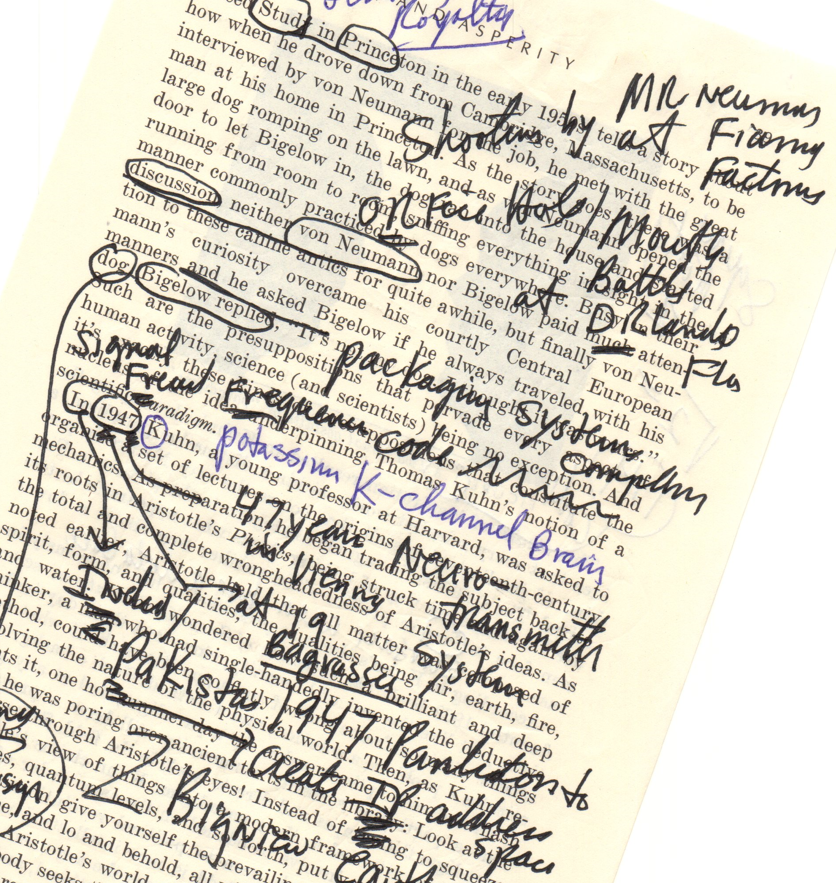

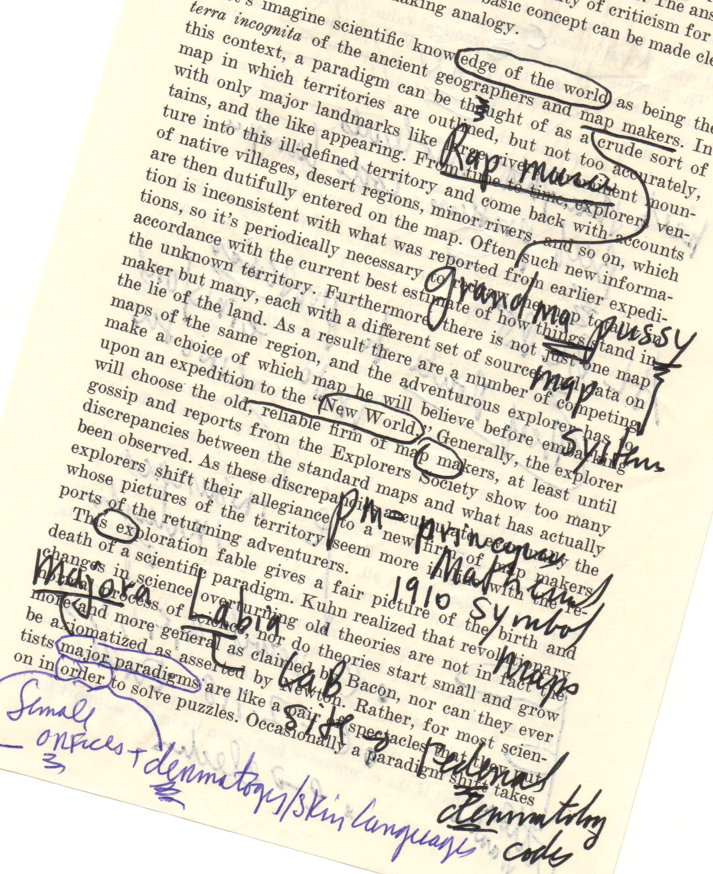


















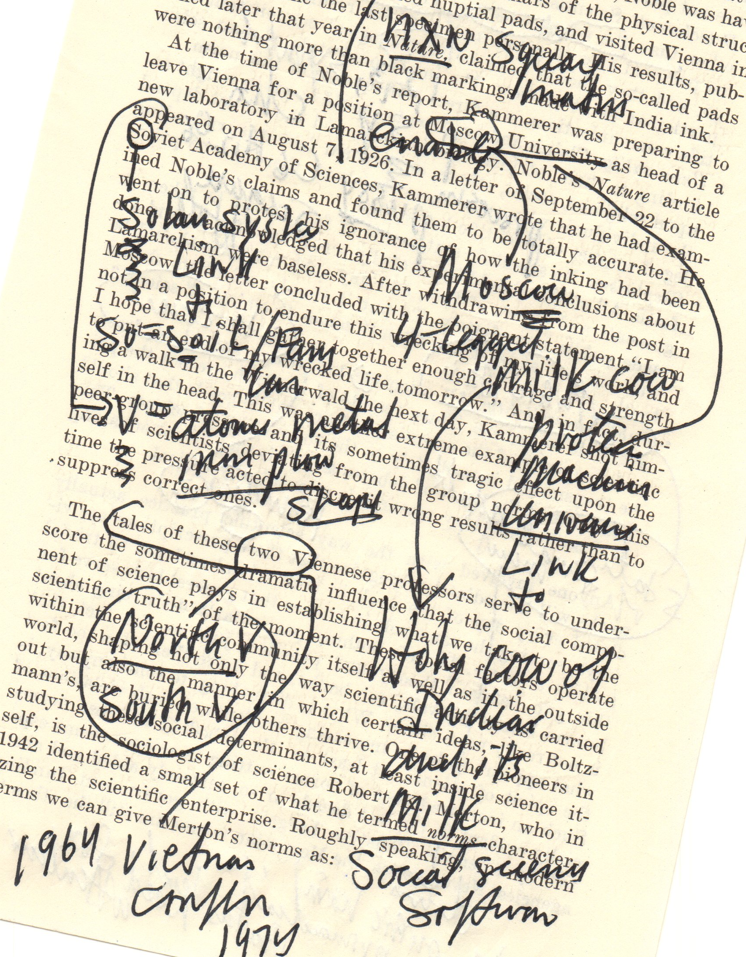


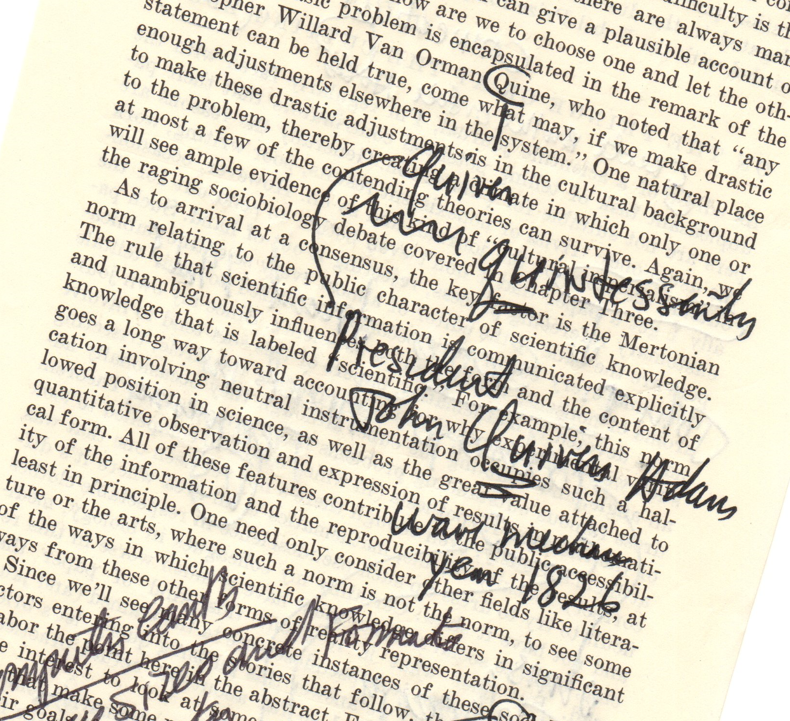

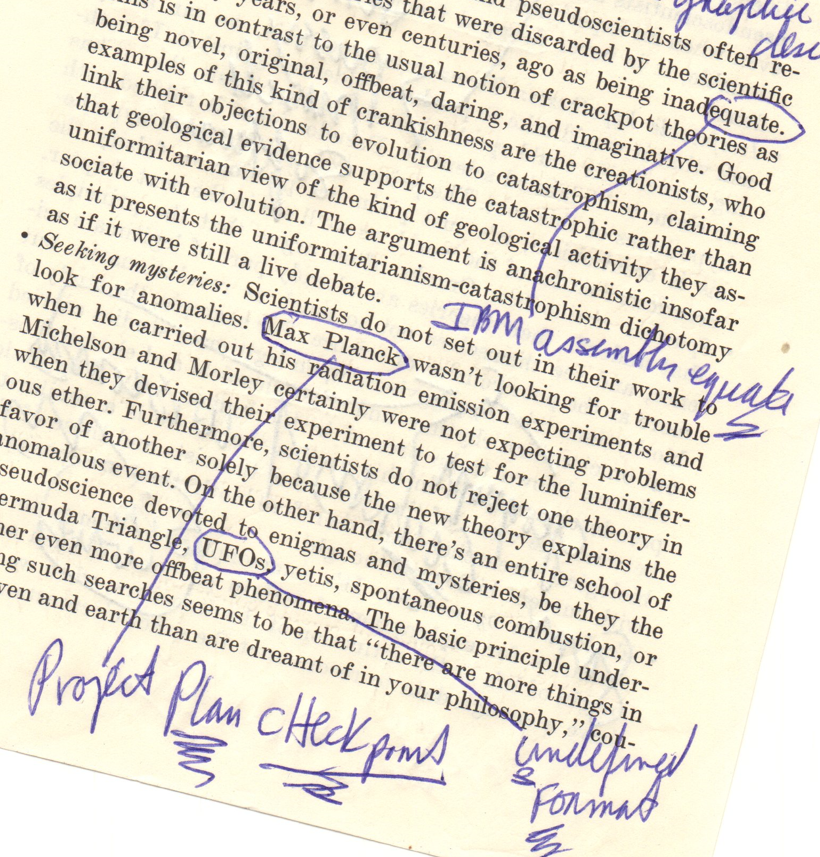





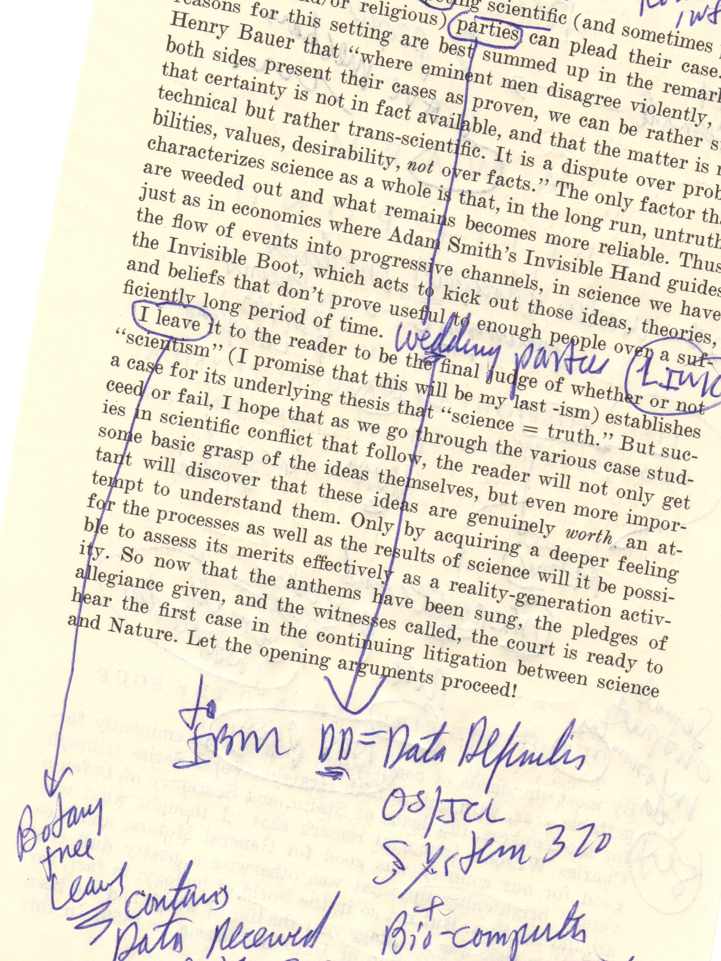
























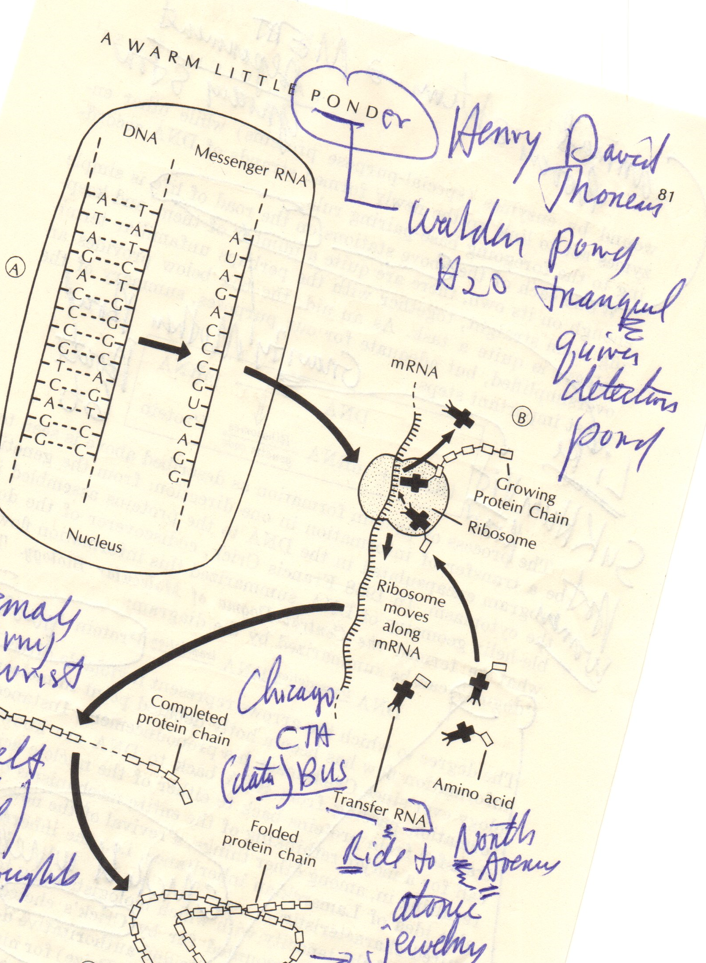












No comments:
Post a Comment